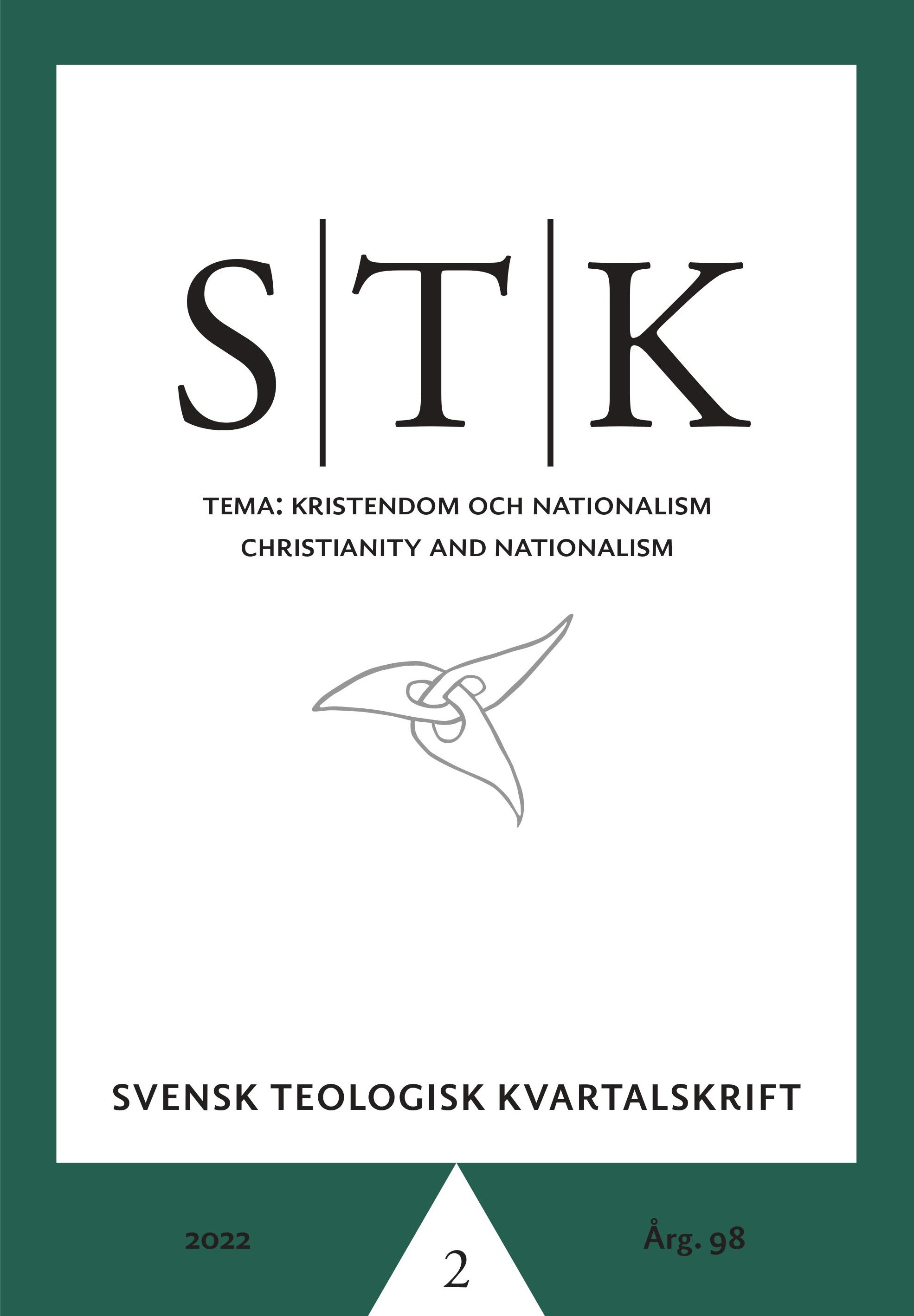Sovereignty, Sedition, and Sacrament in the Affair of the Placards (1534–1535)
DOI:
https://doi.org/10.51619/stk.v98i2.24619Abstract
In October 1534 and January 1535, placards were posted in French cities attacking the Mass, prompting official backlash and altering the course of the Christian Reformations in France. This paper argues that the response to the posting of the placards expressed a specifically Gallic anxiety about the popularization of sacramentarian critiques of the Mass and the Eucharist. France's history of sacral kingship and Gallican independence from the papacy were the key contexts and causes of the official response to the posting of the placards, which affirmed the importance of Eucharistic devotion in the political theology of early modern France and transferred heresy prosecutions to secular courts. Focusing on three key responses – the royal processional in January 1535, the empowering of secular courts to prosecute "seditious" heresy, and the defense of the Mass by the Sorbonne theologian Jérôme de Hangest, I argue that the responses to the posting of the placards reflected an understanding and fear of popular receptions of sacramentarian arguments and the threat they posed to the political, social, and institutional cohesion of the early modern French nation-state. The placards both reflected and mobilized a nationalist identification of a sacred and secular nation with the state headed by the monarch charged with protecting the nation.
Downloads
Publicerad
Nummer
Sektion
Licens
Copyright (c) 2022 Julia Reed

Detta verk är licensierat under en Creative Commons Erkännande-Ickekommersiell-IngaBearbetningar 4.0 Internationell-licens.


